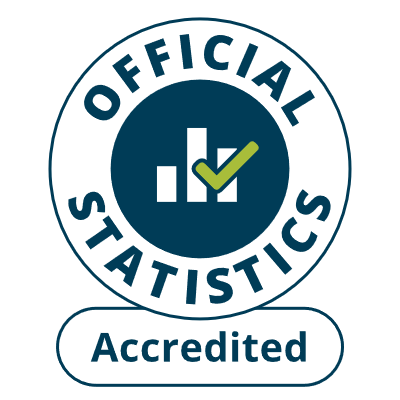
 Patients newly diagnosed via the urgent suspected cancer route starting treatment by local health board, tumour site and month
Patients newly diagnosed via the urgent suspected cancer route starting treatment by local health board, tumour site and month
From February 2021, data is only published for the suspected cancer pathway. Targets for the urgent and not via the urgent pathway have ceased and no new data will be collected or published for these pathways.
None
|
|||||||||||||||||||||||||||||||||||||||||||||||||||||||||||||||||||||||||||||||||||||||||||||||||||||||||||||||||||||||||||||||||||||||||||||||||||||||||||||||||||||||||||||||||||||||||||||||||||||||||||||||||||||||||||||||||||||||||||
Metadata
- Summary information
- High level information
- Statistical quality information
- Keywords
- Weblinks
- Open Data
General description
From February 2021, data is only published for the suspected cancer pathway. Targets for the urgent and not via the urgent pathway have ceased and no new data will be collected or published for these pathways. The patients shown here are those newly diagnosed with cancer who started definitive treatment via the Urgent Suspected Cancer route. The national target for these patients is: at least 95 per cent of patients diagnosed with cancer, via the urgent suspected cancer route will start definitive treatment within 62 days of receipt of referral.Care should be taken when interpreting percentages, especially when dealing with small numbers.
Data collection and calculation
Please find this information in the related statistical release, as per the given weblink.From 1st April 2019 health service provision for residents of Bridgend local authority moved from Abertawe Bro Morgannwg to Cwm Taf. For more information see the joint statement from Cwm Taf and Abertawe Bro Morgannwg University Health Boards (see weblinks). The health board names have changed with Cwm Taf University Health Board becoming Cwm Taf Morgannwg University Health Board and Abertawe Bro Morgannwg University Health Board becoming Swansea Bay University Health Board. A link to the statement from the minister for health and social service can be found in the weblinks section.
Frequency of publication
MonthlyData reference periods
April 2012 onwardsUsers, uses and context
Please find this information in the related statistical release, as per the given weblink.Revisions information
From the June 2020 release we started providing monthly breakdowns on those beginning cancer treatment by tumour site in addition to the current breakdown of local health boardTitle
Monthly Cancer Waiting Times via the Urgent Suspected Cancer route (April 2012 to November 2020)Last update
21 January 2021Next update
No longer updated.Publishing organisation
Welsh GovernmentSource 1
Cancer waiting times data, Welsh Local Health BoardsContact email
stats.healthinfo@gov.walesDesignation
National StatisticsLowest level of geographical disaggregation
Local health boardsGeographical coverage
WalesLanguages covered
English and WelshData licensing
You may use and re-use this data free of charge in any format or medium, under the terms of the Open Government License - see http://www.nationalarchives.gov.uk/doc/open-government-licenceStatistical quality
From February 2021, data is only published for the suspected cancer pathway. Targets for the urgent and not via the urgent pathway have ceased and no new data will be collected or published for these pathways. Please find this information in the related statistical release, as per the given weblink.Cardiff and Vale University Health Board have informed us that some of the historical figures they have provided for the number of patients confirmed as urgent suspected cancer may not be accurate. Specifically, figures for the upper and lower gastrointestinal tumour sites have been underreported prior to April 2015.
Note that data included in this statistical release covers a time period during the coronavirus (COVID-19) pandemic, which has affected both how some NHS services have been offered and people's choices regarding health services. See the latest release for more information.
Keywords
cancer; waiting times; healthWeblinks
The most recent statistical release can be found on the following weblink:https://gov.wales/nhs-cancer-waiting-times
https://statswales.gov.wales/Catalogue/Health-and-Social-Care/NHS-Hospital-Waiting-Times/Cancer-Waiting-Times/Monthly/suspectedcancerpathwayclosedpathways-by-localhealthboard-tumoursite-agegroup-gender-measure-month
https://cwmtaf.wales/welsh-government-announce-decision-on-bridgend-boundary-change/
https://gov.wales/written-statement-health-board-boundary-bridgend-associated-planning








